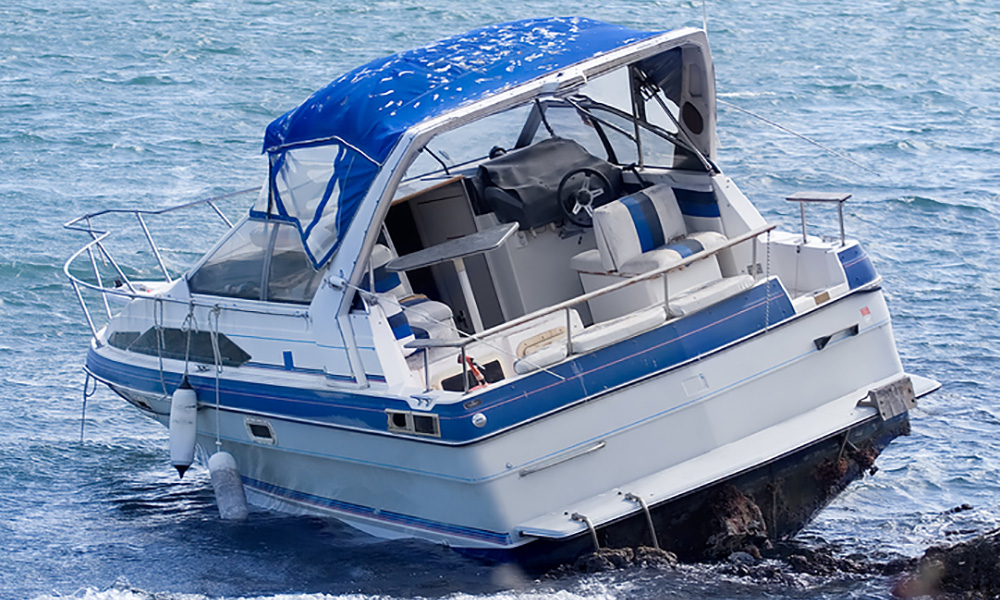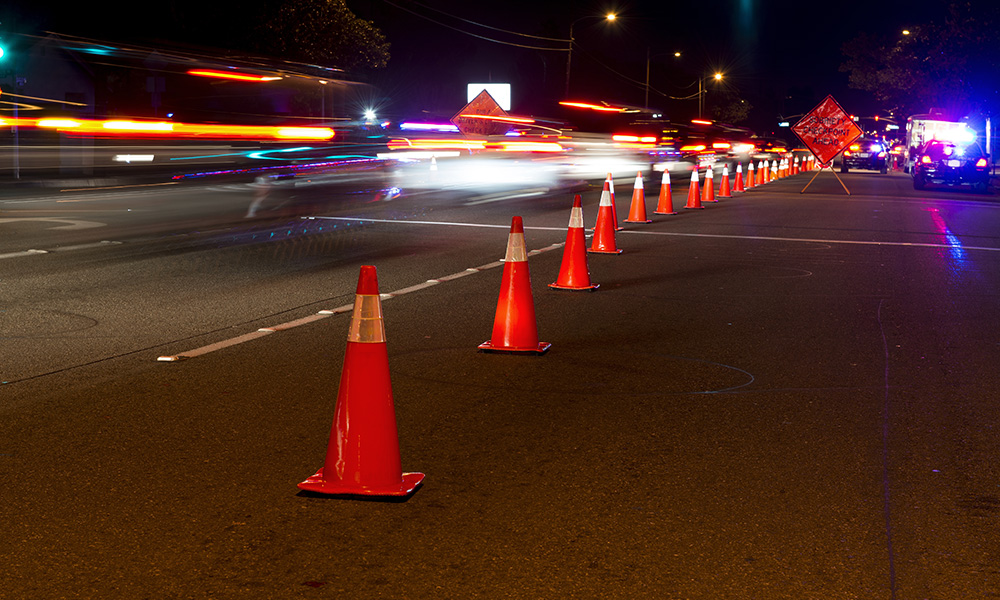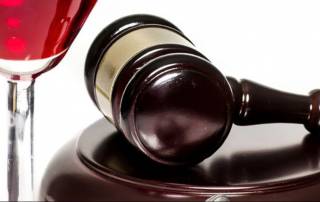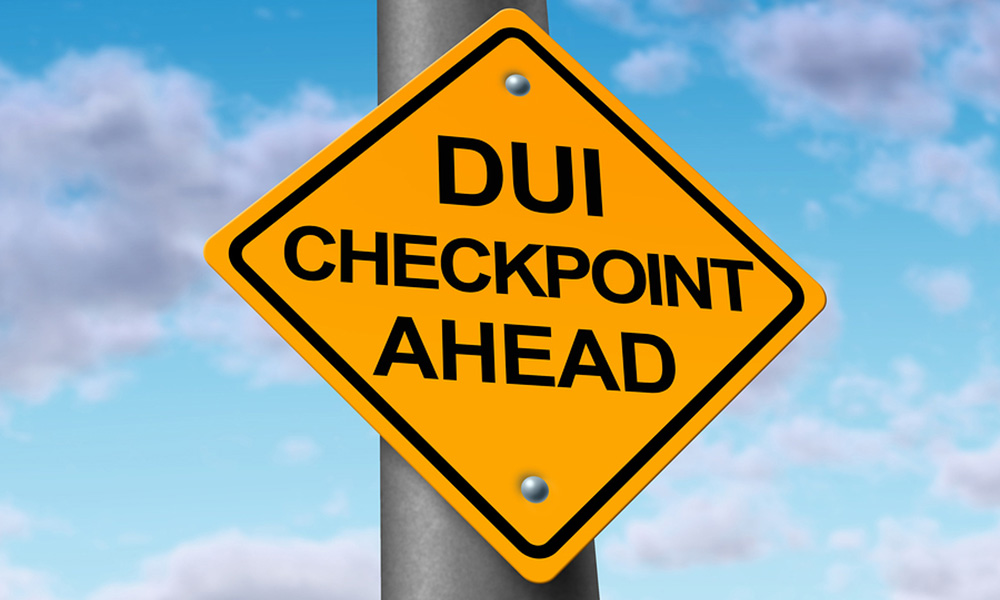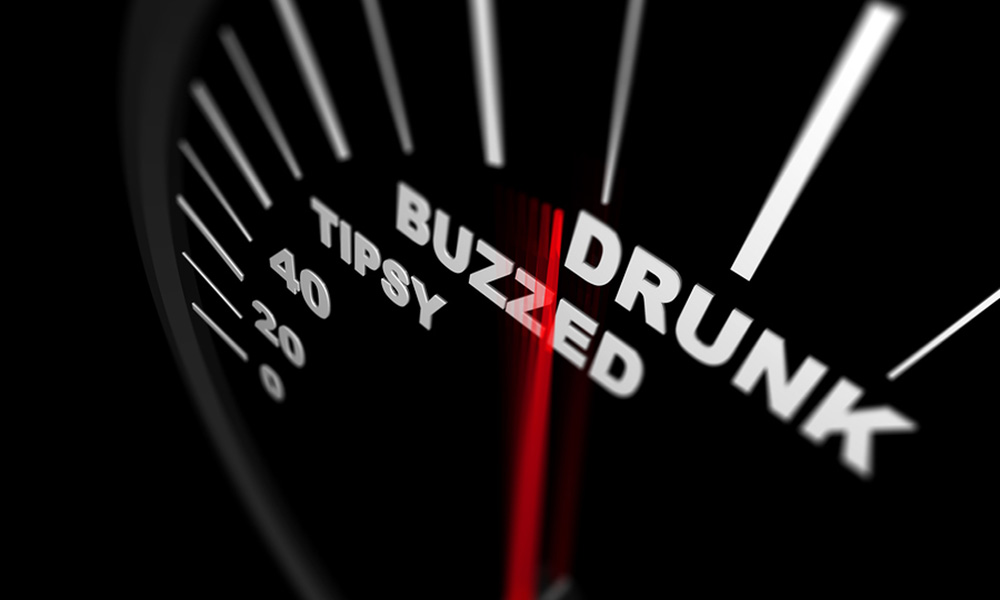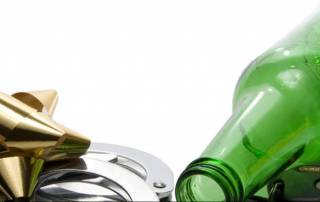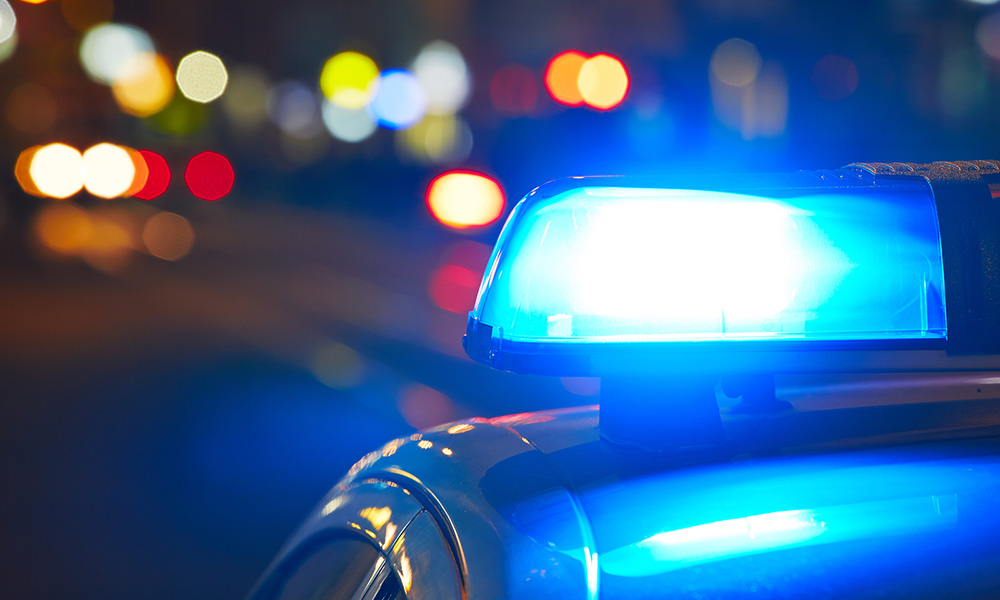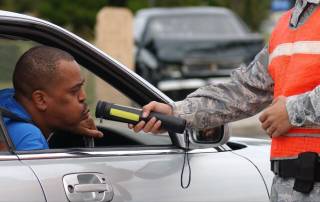Summertime. In New York, it’s the season when everyone wants to enjoy the water, whether they’re swimming, sailing, or pursuing some other water-related recreation. It’s all great fun until there’s an accident and someone gets hurt, or worse. Boating while intoxicated isn’t only against the law – it’s also frequently fatal. Impaired boaters are extremely dangerous, but if you’re arrested and charged with boating while intoxicated, it doesn’t mean that you’re guilty, and you shouldn’t plead guilty. If you’re charged with Boating While Ability Impaired (BWAI) or Boating While Intoxicated (BWI) in New York this summer, obtain legal help and contact an experienced Long Island DWI defense lawyer immediately.
New York Boating While Intoxicated Law
If you didn’t know, drinking while boating is against the law in New York just like drinking and driving. The law states:
- No person shall operate a vessel upon the waters of the state while his ability to operate such vessel is impaired by the consumption of alcohol.
- No such person shall operate a vessel other than a public vessel while he has .08 of one per centum or more by weight of alcohol in his blood, breath, urine, or saliva, as determined by the chemical test made pursuant to the provisions of subdivision seven of this section.
- No such person shall operate a public vessel while he has .04 of one per centum or more by weight of alcohol in his blood, breath, urine, or saliva, as determined by the chemical test made pursuant to the provisions of subdivision seven of this section.
- No person shall operate a vessel while he is in an intoxicated condition.
If you are suspected of boating while intoxicated, you may be subject to taking a blood alcohol content test. It’s not recommended to refuse a blood alcohol content test. If a boater refuses to take the test to prove their sobriety, they will face penalties for their refusal. These penalties may include a loss of their boating privileges for a specific period of time and a monetary fine.
If a boat operator’s blood alcohol content (BAC) level registers at 0.08 percent or higher, the charge is Boating While Intoxicated (BWI). If convicted, a first-time offender can be fined up to $1,000 and go to jail for up to a year. A lesser charge, Boating While Ability Impaired (BWAI), can be filed if a boat operator’s BAC level registers from 0.05 percent to 0.07 percent. If convicted, a first-time BWAI offender can be fined up to $500 and go to jail for up to 15 days.
Boating while intoxicated or BWI doesn’t become a felony if you have a prior conviction, a child on your boat, or if other drugs are involved or combined with alcohol. Nevertheless, you do not want to be convicted of BWI in New York. If you’re charged with boating while intoxicated in the waters around Long Island or New York City, immediately retain the counsel of an experienced Long Island DWI lawyer.
Staying Safe on the Water
Whenever you enjoy the water in and around Long Island, or New York City, always get a weather forecast before departing, always wear a life jacket, and always have a marine radio, flares, flashlights, and a fire extinguisher. Most importantly, don’t drink before operating a boat or any other kind of watercraft. Be proactive about safe boating, and if you’re charged with boating while intoxicated because you made a bad decision – or if you’re innocent and wrongly accused – speak as quickly as possible to an experienced Long Island DWI lawyer.
If you are facing charges for boating while intoxicated, don’t hesitate to contact a knowledgeable Long Island criminal defense attorney. An experienced Long Island DWI attorney can review the particulars of your BWI or BWAI case and recommend what’s best for you; if the evidence against you is overwhelming, that could mean accepting a plea bargain, but it other cases, it might mean going before a jury and fighting for your acquittal. Enjoy the waterways around New York and Long Island this summer, but please stay safe. If you need legal counsel now or in the future in the New York City or Long Island area regarding a BWI, BWAI, or DWI charge, arrange at once to speak with an experienced Long Island DWI defense lawyer.





